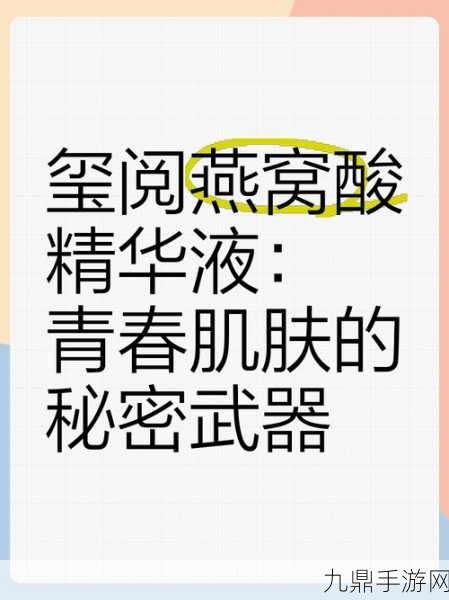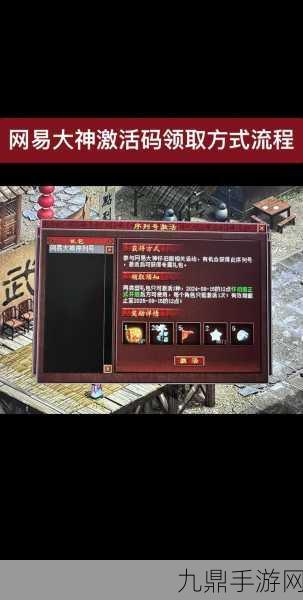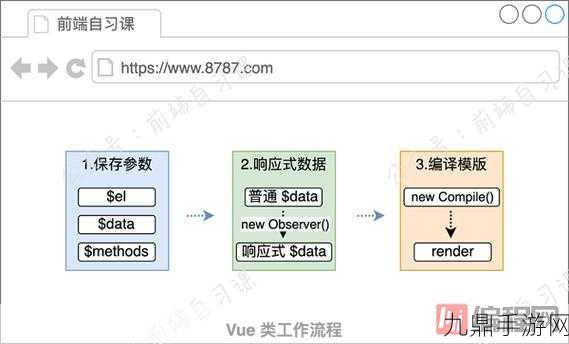女婿称呼的微妙变化
家庭关系中,称谓常常反映出亲密度与尊重。在一些家庭中,女婿对岳母的称呼可能从“妈”变为“阿姨”,这样的转变引发了许多人的思考。为什么会有如此不同的叫法?这背后又隐藏着怎样的人情世故呢?
文化背景带来的影响
在传统中国社会中,“妈妈”的角色往往被视为最亲近、最重要的人之一。当一个女性将自己的孩子交给另一位男性负责时,这种信任感使得他可以直接以“妈”来称呼。这不仅仅是为了表达对妻子的母亲的敬意,也是在建立一种新的联系。
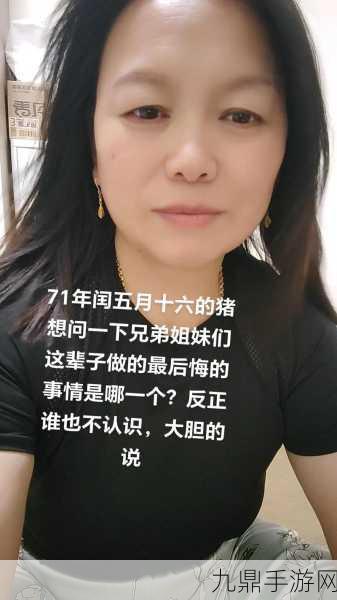
然而,在某些情况下,当女婿与岳母之间还未充分熟悉时,他选择用“阿姨”这种较为保守且礼貌的方式开始交流,这是很自然的一件事。“阿姨”这个词语显然传达了一定距离感,以保护双方不至于过早地进入更加复杂的人际关系中。
个人性格和相处模式的重要性
每个家庭都有独特的氛围,而这些氛围也强烈塑造了成员间如何互动。例如,有些年轻人更倾向于轻松随意,他们或许在初次见面的时候就能毫无顾虑地叫一声“妈”。而另一些人在面对新家族成员时,则表现得更加谨慎,因此宁愿先用比较温和、不具侵入性的“阿姨”。这种情况通常跟个人性格、成长环境以及他们所接受到教养有关。
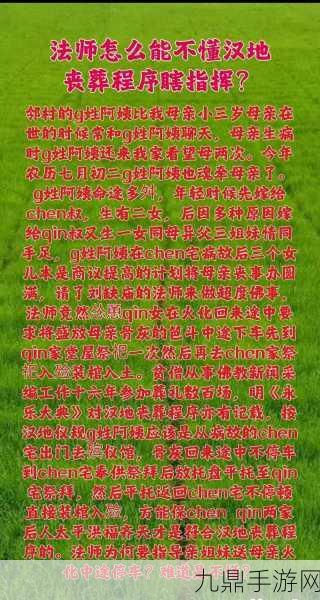
社交媒体时代下的新趋势
Total The rise of social media and digital communication has also altered how people perceive familial relationships. Sharing moments online often leads to更多非正式化, which can affect the way family members interact offline. A张扬乐观式人物类型可能在发布动态或者朋友圈的时候,一边搞笑调侃着岳母,将她当作好朋友般存在,并轻松换上"妈"字;而稍显内敛者则仍旧保持一定距离,更偏向使用"阿姨",即便时间过去久远依然小心翼翼。从这一点来看,对应生活中的真实场景,很多时候取决于彼此心理上的认同与接纳程度。
Crossover between personal affection and cultural expectations
This transition from “Mom” to “Auntie”, or vice versa, is often rooted in individual experiences as well as societal norms. For instance, a girl may have grown up in a household where informal terms were encouraged; thus her partner might feel comfortable addressing his mother-in-law more casually rather than formally.
The perception of these titles can vary dramatically across different families and regions within China itself—from northern areas that are typically warmer with familial ties to southern parts that uphold traditional values more坚固。In some contexts, an entrenched culture demands strict adherence to formalities at all times, thus making it tricky for young couples trying to navigate their new roles amidst differing expectations.

